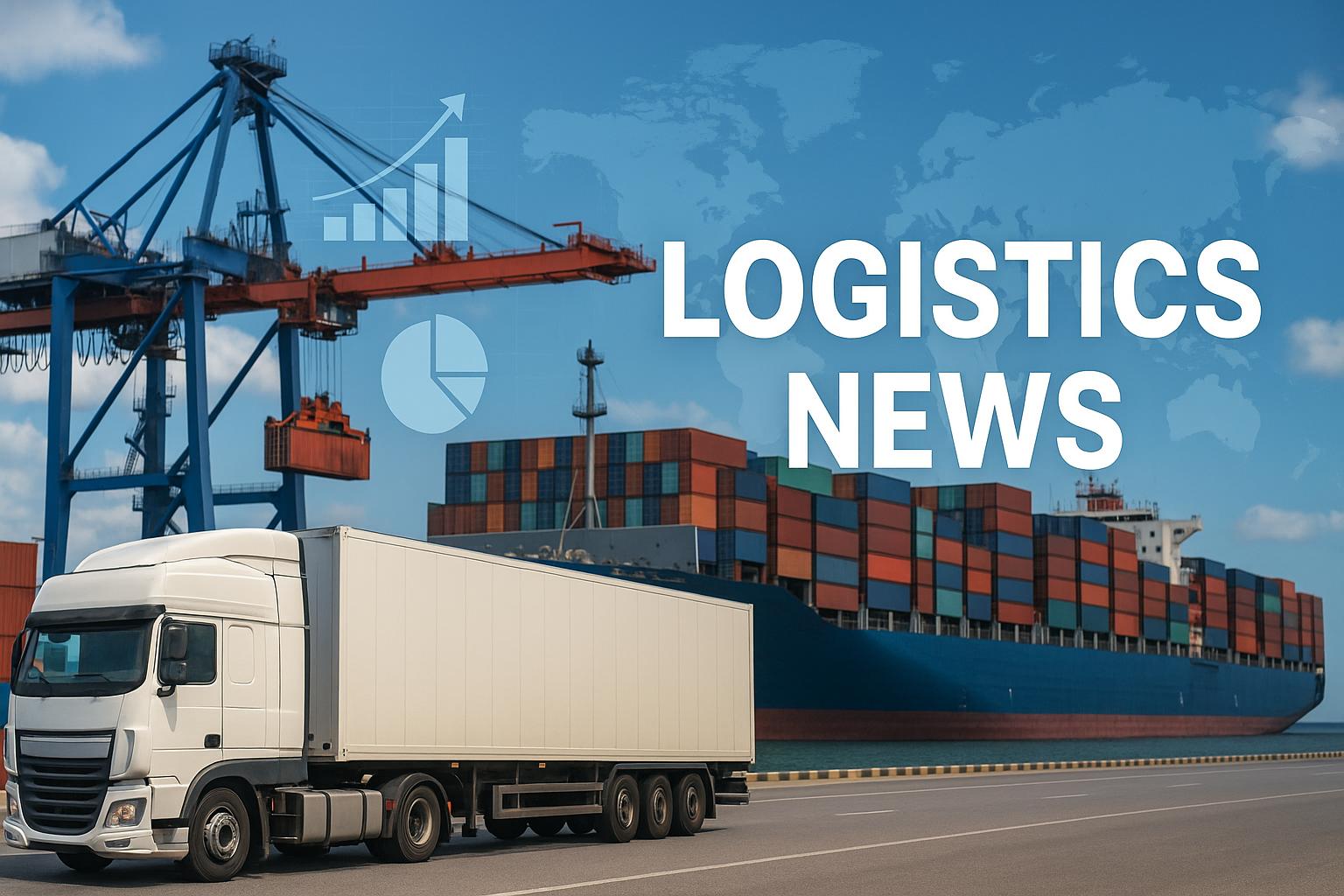Smart Warehouses in 2025: The Future of Logistics Storage
30 avr. 2025
By: Admin
Smart Warehouses in 2025: The Future of Logistics Storage
Automation and Technology Redefining Warehousing

Smart warehouses are revolutionizing logistics storage. (Source: Demars Logistics)
In 2025, smart warehouses are setting new standards for logistics storage, leveraging automation, IoT (Internet of Things), and AI to streamline operations. These advanced facilities are transforming how goods are stored, managed, and dispatched, ensuring faster, more accurate, and cost-effective processes. What makes smart warehouses the future of logistics, and how are they reshaping the industry? Let’s dive into the trends and innovations.
1. Automation with Robotics and AI
Smart warehouses in 2025 are heavily reliant on robotics and AI to automate repetitive tasks. Robotic arms and autonomous mobile robots (AMRs) handle picking, packing, and sorting, reducing human intervention and minimizing errors. AI algorithms predict inventory needs, optimize storage layouts, and manage workflows, ensuring maximum efficiency in warehouse operations.
2. IoT for Real-Time Inventory Management
The Internet of Things (IoT) plays a pivotal role in smart warehouses by enabling real-time inventory tracking. Sensors and RFID tags monitor stock levels, track the location of goods, and alert managers to potential issues like low inventory or equipment malfunctions. In 2025, IoT-driven smart warehouses are ensuring seamless inventory management, reducing stockouts, and improving order fulfillment rates.
3. Energy Efficiency and Sustainability
Smart warehouses are also contributing to sustainability goals in 2025. Equipped with energy-efficient lighting, automated climate control systems, and renewable energy sources like solar panels, these facilities minimize their environmental footprint. Additionally, optimized workflows reduce unnecessary movements, further lowering energy consumption and operational costs.
Conclusion: Smart Warehouses Leading the Logistics Evolution
Smart warehouses are at the forefront of the logistics industry in 2025, driving efficiency, accuracy, and sustainability through automation and technology. As these advanced facilities become the norm, logistics companies can deliver faster and more reliable services to meet growing demands. At Demars Logistics, we are committed to integrating smart warehouse solutions to enhance our operations and provide exceptional value to our clients. Stay tuned for more insights on the future of logistics!
